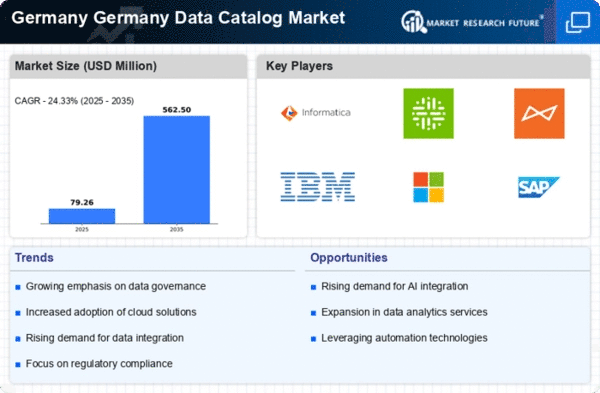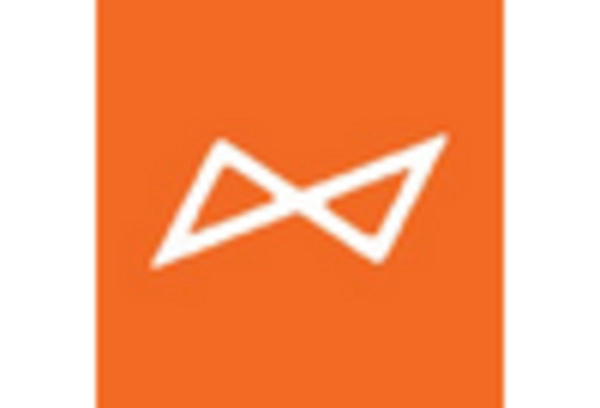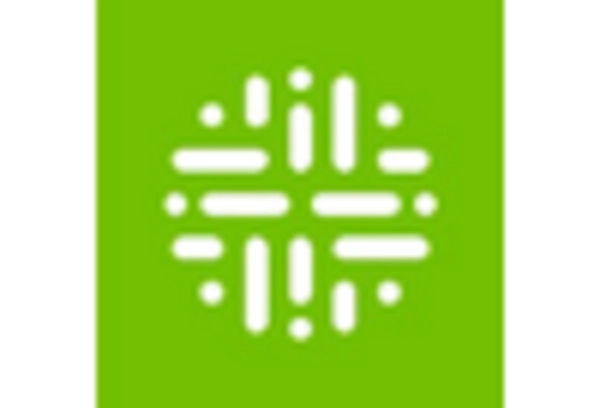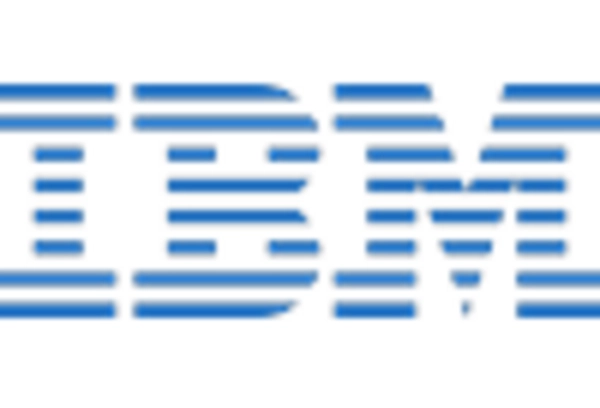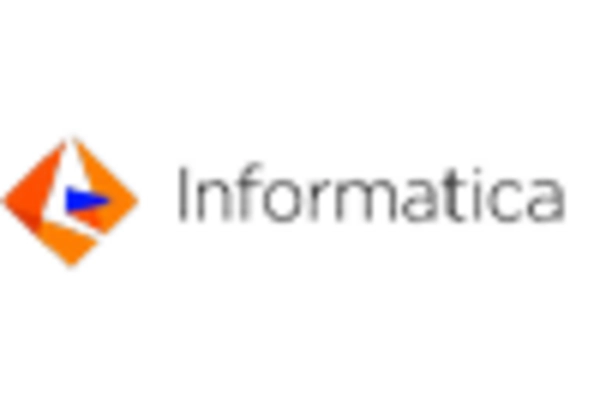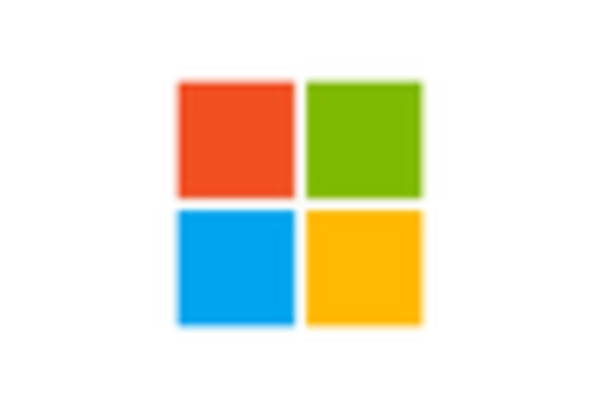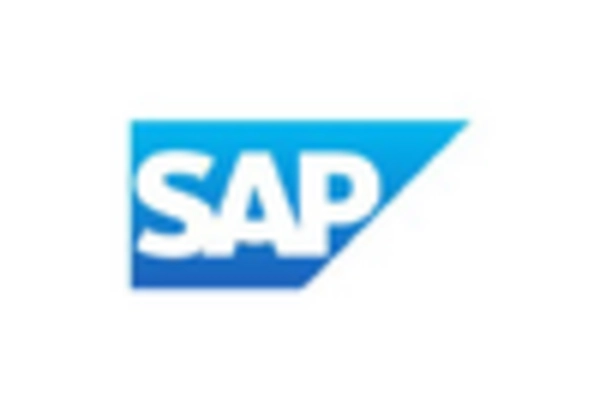Rising Adoption of Cloud-Based Solutions
The shift towards cloud-based solutions is a pivotal driver in the Germany Data Catalog Market. Organizations are increasingly migrating their data to cloud platforms, which necessitates the use of data catalogs to manage and organize this data effectively. According to recent statistics, approximately 70% of German enterprises are expected to adopt cloud services by 2026, creating a substantial demand for data catalog solutions that can seamlessly integrate with these platforms. Data catalogs not only enhance data discoverability but also improve collaboration among teams by providing a centralized repository for data assets. This trend towards cloud adoption is likely to propel the growth of the data catalog market, as businesses seek to leverage the benefits of cloud technology while maintaining data integrity and accessibility.
Growing Regulatory Compliance Requirements
The Germany Data Catalog Market is experiencing a surge in demand due to increasing regulatory compliance requirements. The European Union's General Data Protection Regulation (GDPR) has set stringent guidelines for data management and protection, compelling organizations to adopt robust data catalog solutions. This regulatory landscape necessitates transparency and accountability in data handling, which data catalogs facilitate by providing comprehensive metadata management. As organizations strive to comply with these regulations, the market for data catalogs is projected to grow significantly, with estimates suggesting a compound annual growth rate (CAGR) of over 15% in the coming years. This growth is indicative of the critical role that data catalogs play in ensuring compliance and mitigating risks associated with data breaches.
Growing Importance of Data Quality Management
The emphasis on data quality management is becoming increasingly pronounced within the Germany Data Catalog Market. Organizations are recognizing that high-quality data is essential for effective decision making and operational efficiency. As a result, there is a growing demand for data catalog solutions that incorporate data quality assessment and monitoring features. According to industry reports, nearly 60% of German companies are prioritizing data quality initiatives, which is driving the adoption of data catalogs that can provide insights into data lineage and quality metrics. This focus on data quality is likely to propel the market forward, as businesses seek to ensure that their data assets are reliable and trustworthy, ultimately enhancing their overall data governance strategies.
Increased Focus on Data-Driven Decision Making
The emphasis on data-driven decision making is transforming the Germany Data Catalog Market. Organizations are recognizing the value of data as a strategic asset, leading to a heightened demand for data catalog solutions that enable efficient data discovery and utilization. With the proliferation of big data, companies are inundated with vast amounts of information, making it challenging to derive actionable insights. Data catalogs address this challenge by providing a structured approach to data management, allowing users to easily access and analyze relevant data. As businesses increasingly rely on data analytics to inform their strategies, the market for data catalogs is expected to expand, with projections indicating a growth rate of around 12% annually over the next five years.
Integration of Artificial Intelligence and Machine Learning
The integration of artificial intelligence (AI) and machine learning (ML) technologies is emerging as a significant driver in the Germany Data Catalog Market. These advanced technologies enhance the capabilities of data catalogs by automating data classification, improving metadata management, and facilitating predictive analytics. As organizations seek to harness the power of AI and ML, the demand for intelligent data catalog solutions is likely to rise. Recent studies suggest that the adoption of AI-driven data catalogs could increase operational efficiency by up to 30%, making them an attractive option for businesses aiming to optimize their data management processes. This trend indicates a shift towards more sophisticated data catalog solutions that can adapt to the evolving needs of organizations in Germany.


